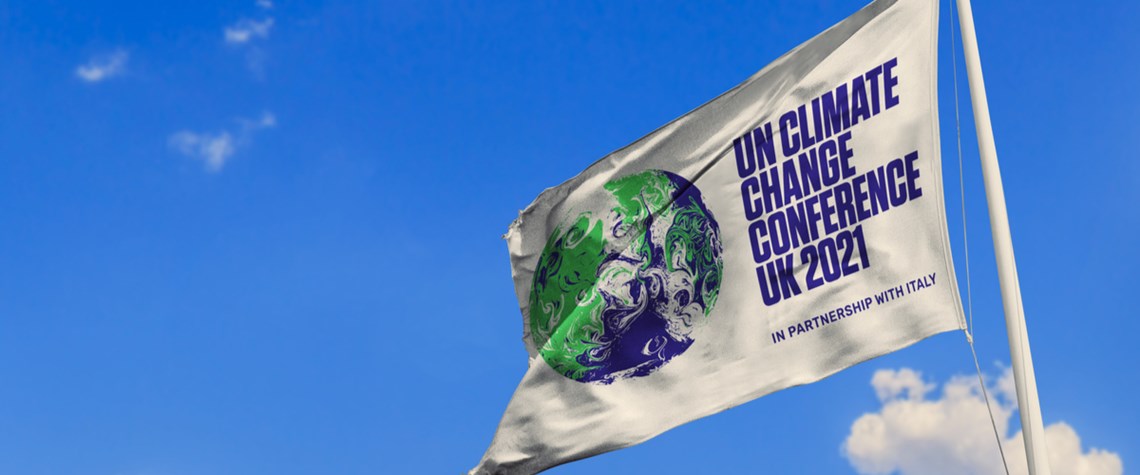PE Live: Paris climate contributions are standardising
Second round of NDCs sees greater similarity in formats, with many adopting net-zero targets
Countries’ contributions towards the Paris Agreement have become more standardised since first being proposed, making them easier to evaluate, according to panellists on a PE live debate titled Everything the World Needs to Achieve at Cop26. The Paris Agreement—reached in 2015—is a legally binding agreement to limit global warming to below 2°C this century. But although the overall agreement is binding, national contributions to it are voluntary, with the idea that each country would contribute what it could and that these contributions would then be ‘ratcheted’ over time to increase ambition to the required levels. This resulted in the so called ‘nationally determined contributions’ (NDCs)

Also in this section
22 July 2025
Sinopec hosts launch of global sharing platform as Beijing looks to draw on international investors and expertise
22 July 2025
Africa’s most populous nation puts cap-and-trade and voluntary markets at the centre of its emerging strategy to achieve net zero by 2060
17 July 2025
Oil and gas companies will face penalties if they fail to reach the EU’s binding CO₂ injection targets for 2030, but they could also risk building underused and unprofitable CCS infrastructure
9 July 2025
Latin American country plans a cap-and-trade system and supports the scale-up of CCS as it prepares to host COP30








